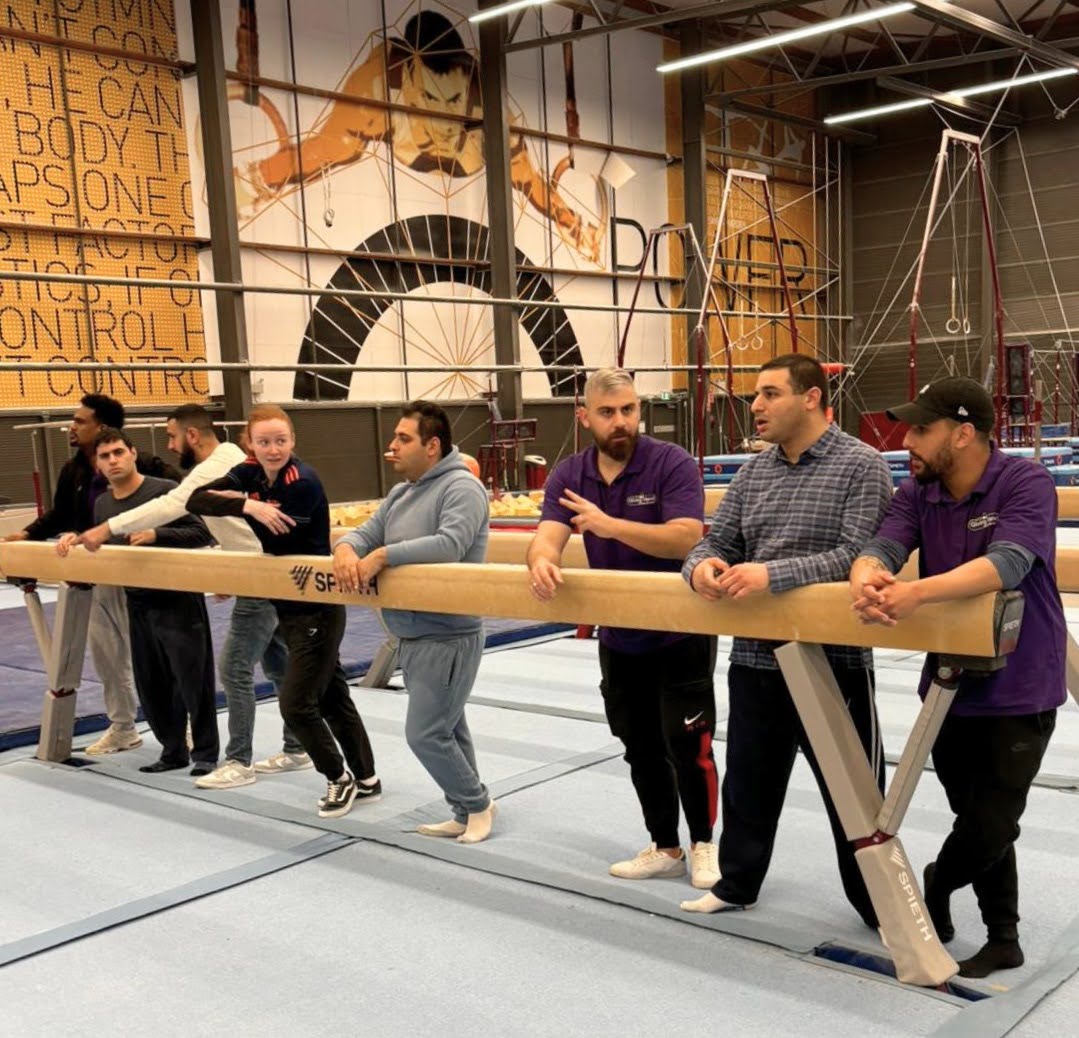Understanding NDIS: What It Covers and Why It Matters
Let’s be real—figuring out what NDIS pays for can feel like trying to read a map with no street names. You know it’s supposed to help, but what exactly does it fund? Can you get support for daily tasks? Therapy? A wheelchair? What about a drum set for music therapy?
If you’re scratching your head, don’t worry. We’re diving deep into what services NDIS provides, what’s off the table, and how to make the most of your funding. Grab a cuppa, and let’s get into it.

What Does the NDIS Cover? A Quick Overview
NDIS is all about supporting independence and quality of life for Australians with disabilities. But it’s not a blank cheque—every service must meet the ‘reasonable and necessary’ rule. Translation: if it helps with daily living, skill-building, or mobility, you’re in luck.
Here’s a bite-sized breakdown of NDIS funding:
- Core Supports – Everyday assistance, personal care, and social participation.
- Capacity Building Supports – Therapy, employment help, and skill development.
- Capital Supports – Equipment, assistive tech, and home modifications.
Not everything makes the cut, though—some expenses are no-go zones (we’ll get to that soon).
NDIS-Funded Support Categories: What NDIS Pays For
1. Core Supports: Everyday Assistance
This category is about helping you live your daily life with more ease. Whether it’s getting dressed, preparing meals, or heading out into the community, Core Supports keep things running smoothly.
✔️ Personal care – Assistance with dressing, showering, and grooming.
✔️ Social and community participation – Help joining social groups or attending activities.
✔️ Transport – Funding for taxis, rideshares, or modified vehicles.
✔️ Meal preparation – If cooking isn’t feasible, support workers can step in.
💡 Example: Need a support worker to help prep meals so you can focus on more important things—like perfecting your banana bread recipe? NDIS has your back.

2. Capacity Building Supports: Gaining Skills and Independence
This one’s all about growing skills and confidence so you can live more independently. Think of it as the ‘getting better at life’ category.
✔️ Therapy – Occupational therapy, speech therapy, and physiotherapy.
✔️ Employment support – Job coaching, career mentoring, and work experience programs.
✔️ Health and well-being programs – Exercise programs, psychology, and dietitian support.
✔️ Financial management – Help with handling payments and budgeting.
💡 Example: If you want to improve communication skills through speech therapy, this funding could help. It won’t cover a general public-speaking course, though—NDIS funding has to relate to your disability.
3. Capital Supports: Equipment and Home Modifications
If Core Supports are about day-to-day life and Capacity Building Supports focus on skills, Capital Supports handle the big-ticket items—equipment, home upgrades, and tech that boost independence.
✔️ Assistive technology – Wheelchairs, hearing aids, communication devices.
✔️ Home modifications – Installing ramps, grab rails, and accessible bathrooms.
✔️ Vehicle modifications – Changes that make transport more accessible.
💡 Example: Need a motorized wheelchair or an adjustable bed? NDIS might fund it. A king-size luxury mattress? Not so much.
Who Is Eligible for NDIS Funding?
Wondering if you qualify? Here’s the basic checklist:
✔️ You must be under 65 when applying.
✔️ You must be an Australian citizen or permanent resident.
✔️ You must have a permanent disability that significantly impacts daily life.
✔️ The requested support must be directly related to your disability.
💡 Example: If mobility is affected, NDIS might fund an electric wheelchair. But if you’re asking for a high-end road bike just because you fancy a weekend ride, that’s a hard no.
What the NDIS Does NOT Cover
Now for the fine print. There are things NDIS won’t pay for, no matter how much you need or want them.
❌ General living costs – Rent, groceries, electricity bills.
❌ Medical expenses – Doctor visits, hospital stays, and medications (that’s Medicare’s turf).
❌ Entertainment – Holidays, gym memberships (unless therapy-related), and streaming subscriptions.
❌ Non-disability-related services – Standard driving lessons or general fitness classes.
💡 Example: If you need hydrotherapy as part of rehab, it may be covered. But if you just want to float around at the local pool for fun, that’s on you.
How to Apply for NDIS Funding (Step-by-Step Guide)
1️⃣ Check eligibility through the NDIS website.
2️⃣ Collect evidence – Doctor’s reports, therapy assessments, and any supporting documentation.
3️⃣ Submit your application – Online or via a Local Area Coordinator.
4️⃣ Attend a planning meeting – Discuss your needs and goals.
5️⃣ Get your plan and start using your funding.
💡 Tip: Be specific in your application. The more clearly you connect the requested support to your disability, the stronger your case.
Maximise Your NDIS Plan: Practical Advice
Get the most out of your funding with these tips:
✔️ Track your spending – Keep an eye on where your funds go to avoid running short.
✔️ Review your plan regularly – Needs change, and so should your funding.
✔️ Self-manage if possible – Gives more control over how you use your funding.
✔️ Speak up – If something isn’t working, request a review.

FAQs: What Does NDIS Cover?
🔹 Does NDIS pay for courses?
Yes, if the course helps with employment, communication, or daily independence.
🔹 Can NDIS fund musical instruments?
Yes, if used for therapy or skill development related to a disability.
🔹 How does NDIS payments work?
Funds can be managed through self-management, plan management, or agency management.
🔹 Can NDIS pay for a mobile phone?
Only if it includes assistive technology essential for communication.
🔹 Does NDIS provide money directly to participants?
No, funding is allocated to service providers or reimbursed for approved expenses.
Getting the Support You Need
Understanding what NDIS covers makes all the difference in getting the right support. Whether you need help with personal care, therapy, or equipment, knowing the rules means you can make the most of your funding.
If you’re unsure about the process or need guidance, reach out for expert advice today.
